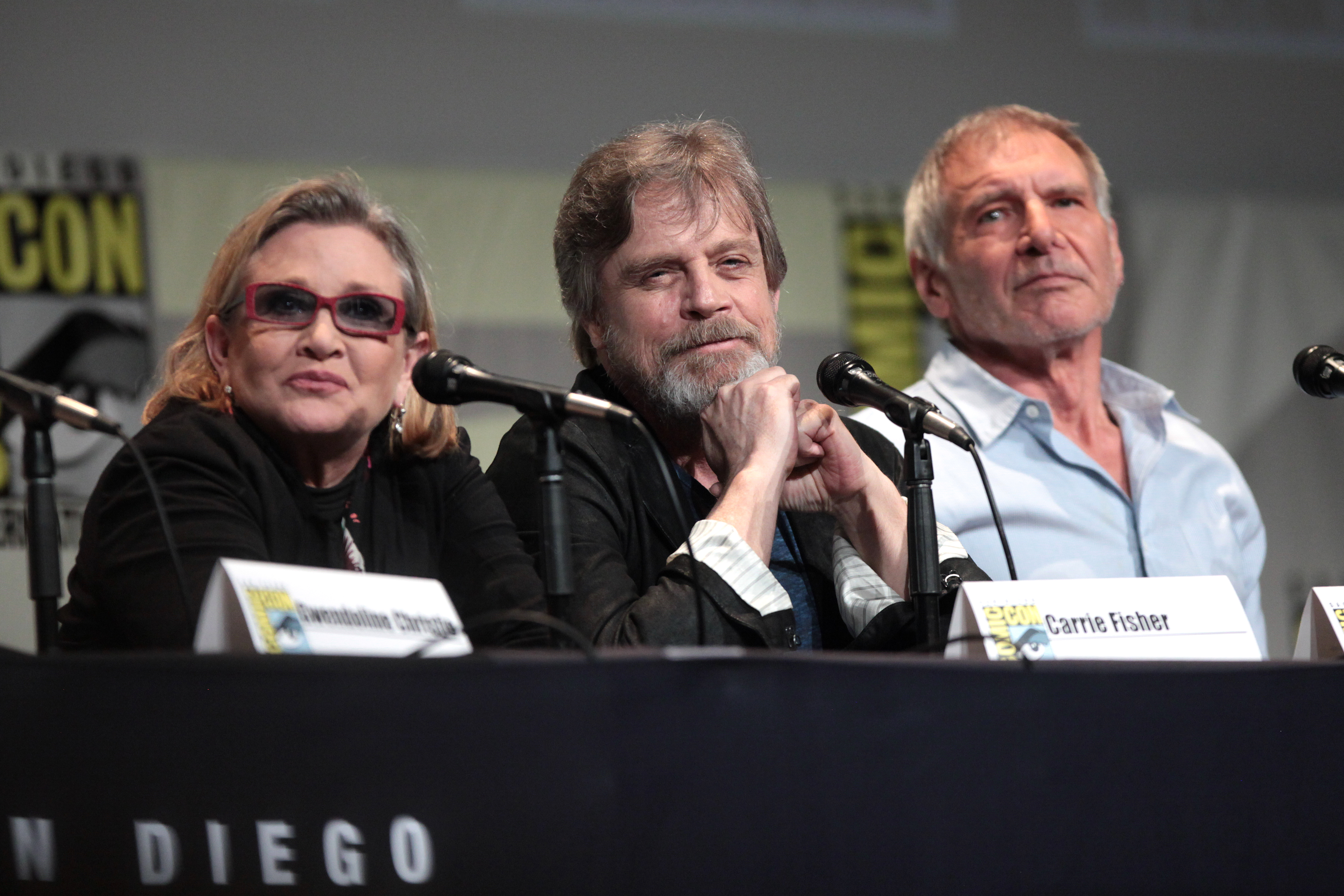
December 15, 2015, by Guest Blogger
We meet again, at last
How do you make a familiar thing new?
One way to do it, as Ezra Pound knew, is to invoke a long-forgotten tradition and adapt it to the pressures of the moment. For George Lucas – the George Lucas of the Star Wars prequels, at any rate – making new means making shiny. J. J. Abrams appears to think that to make something new you need to make it seem old. No small task. Will Star Wars: The Force Awakens succeed? I wonder.
Anticipating the release of a film I know very little about has been fascinating. In today’s world, not knowing the main plot beats of a blockbuster before you get to see the film in question is a rarity. When I went to see The Phantom Menace in 1999, at the end of my first year of A-Levels, I had a pretty good sense of what I was about to watch. I have a fairly good sense of what I’ll see when I watch The Force Awakens, too – spaceships, fighty fighty, wise old people, and impressive special effects – but this time I’ve next to no idea where the narrative is going to take me. And that has tempered, in a good way, my expectations for it. I’m waiting with a more open mind.
Will I be disappointed if I don’t think the film is as good as the initial celebrity accounts of it imply? Yes. Does this matter? No. What will I do if the film fails to deliver? Carry on. There are important things happening in the world, and The Force Awakens isn’t one of them, despite what the extraordinary hype surrounding it suggests. I’m intrigued to know if the film has incorporated into itself any sense of that hype and its implications, if it has managed to reflect on its status as part of a mythology that commands such devotion in a world riven by so many hostile commitments.
Knowing that The Force Awakens is ‘just’ a film doesn’t make me want to enjoy it any less. It does make me wonder about the nature of the thing I hope I’m going to enjoy, whatever it ends up being: predictable reboot, careful refurbishment, appreciative sequel, or imaginative deconstruction. All of these things can tell us a lot about where our society’s attention is fixed at this moment in time. They can explain how the mythology we’re going to meet, again at last, bolsters or undermines the consolations we like to make for ourselves.
Blog by Dr Nathan Waddell, Assistant Professor in our School of English.
Image of Carrie Fisher, Mark Hamill and Harrison Ford at San Diego Comic Con 2015 by Gage Skidmore on Flickr
No comments yet, fill out a comment to be the first

Leave a Reply